Indigenous Peoples and Artificial Intelligence: Defending Rights through Principles of Respect and Consent
This Indigenous Peoples’ Day, we highlight how respect and consent must guide both engagement and the ethical use of artificial intelligence.
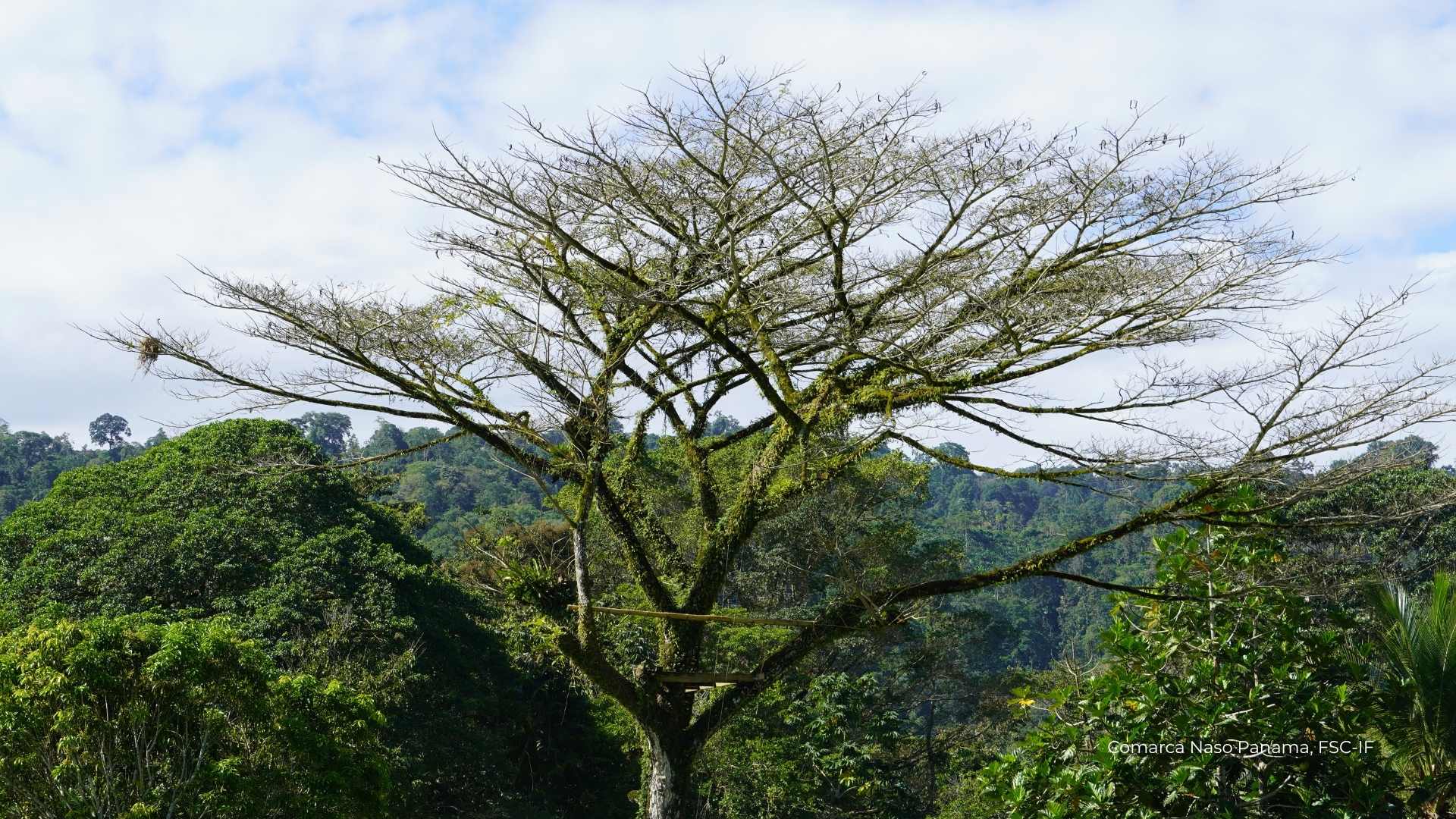
Today, August 9, the world comes together to celebrate the International Day of the World’s Indigenous Peoples. From the rain forests of Latin America to the savannas of Africa, the islands of Asia, the mountains of Oceania, and the Arctic’s tundras, Indigenous Peoples continue to protect the world’s biodiversity, safeguard traditional knowledge, and uphold cultures rooted in deep connection to the land.
Indigenous Peoples nurture an extraordinary range of living traditions, from practices and skills to knowledge systems and expressions that embody values of respect, care, and reciprocity with nature. These traditions also strengthen understanding of the many worldviews and value systems that guide Indigenous relationships with the natural world.
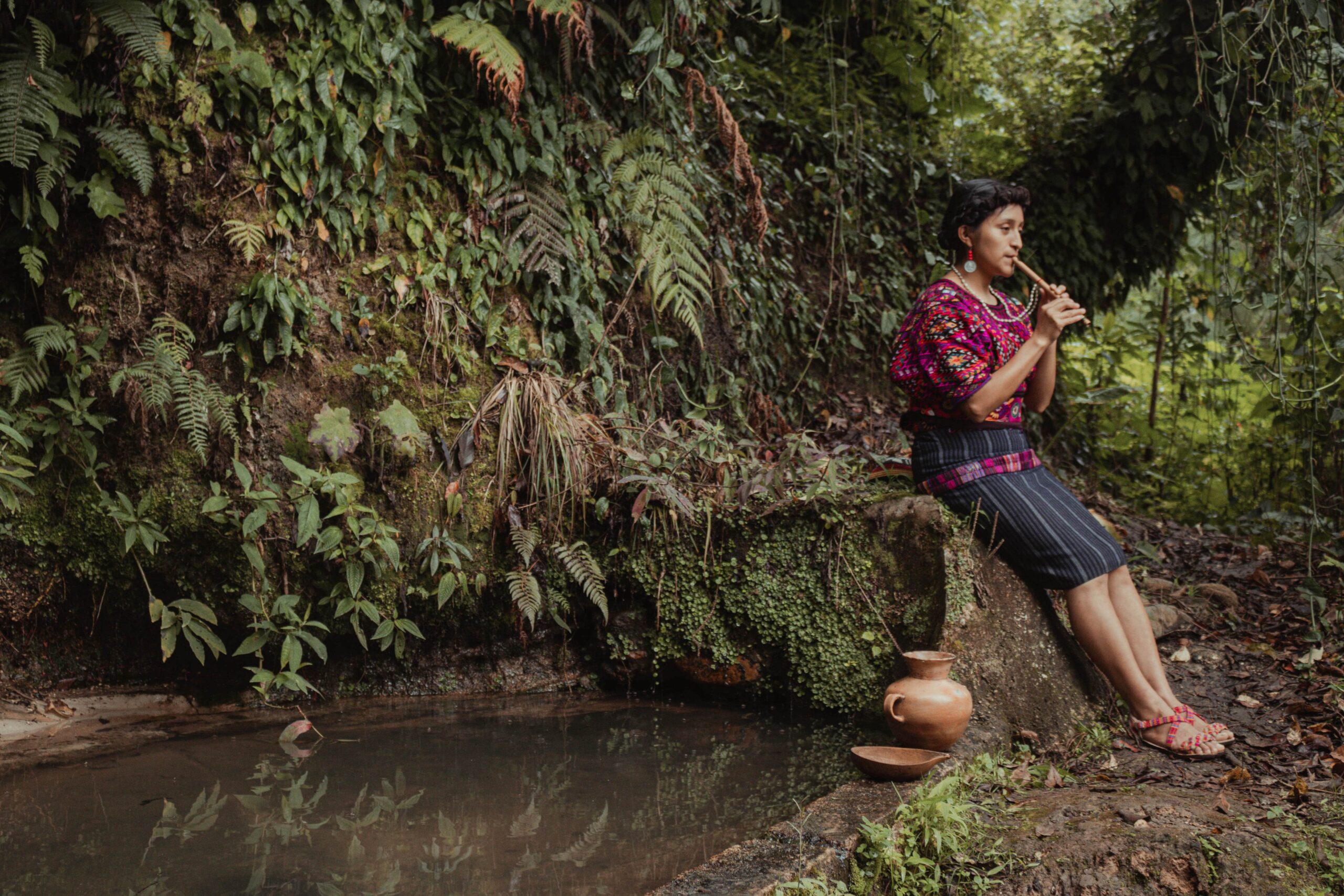
By practicing and passing on this heritage, Indigenous communities sustain their vitality, resilience, and collective well‑being.
Indigenous Peoples’ Day is more vital today than at any point in history because the challenges we face — climate change, biodiversity loss, and the rapid rise of new technologies — demand the wisdom, leadership, and rights of Indigenous Peoples at the center of global solutions.
Indigenous Peoples and local communities safeguard at least half of the world’s lands, which host the majority of its biodiversity. Their living heritage — knowledge, practices, and values rooted in respect, stewardship, and reciprocity with nature — offers proven pathways for addressing today’s climate and ecological crises. When forests are under threat, when species are disappearing, and when climate impacts intensify, Indigenous Peoples stand as guardians of balance between humanity and the natural world.
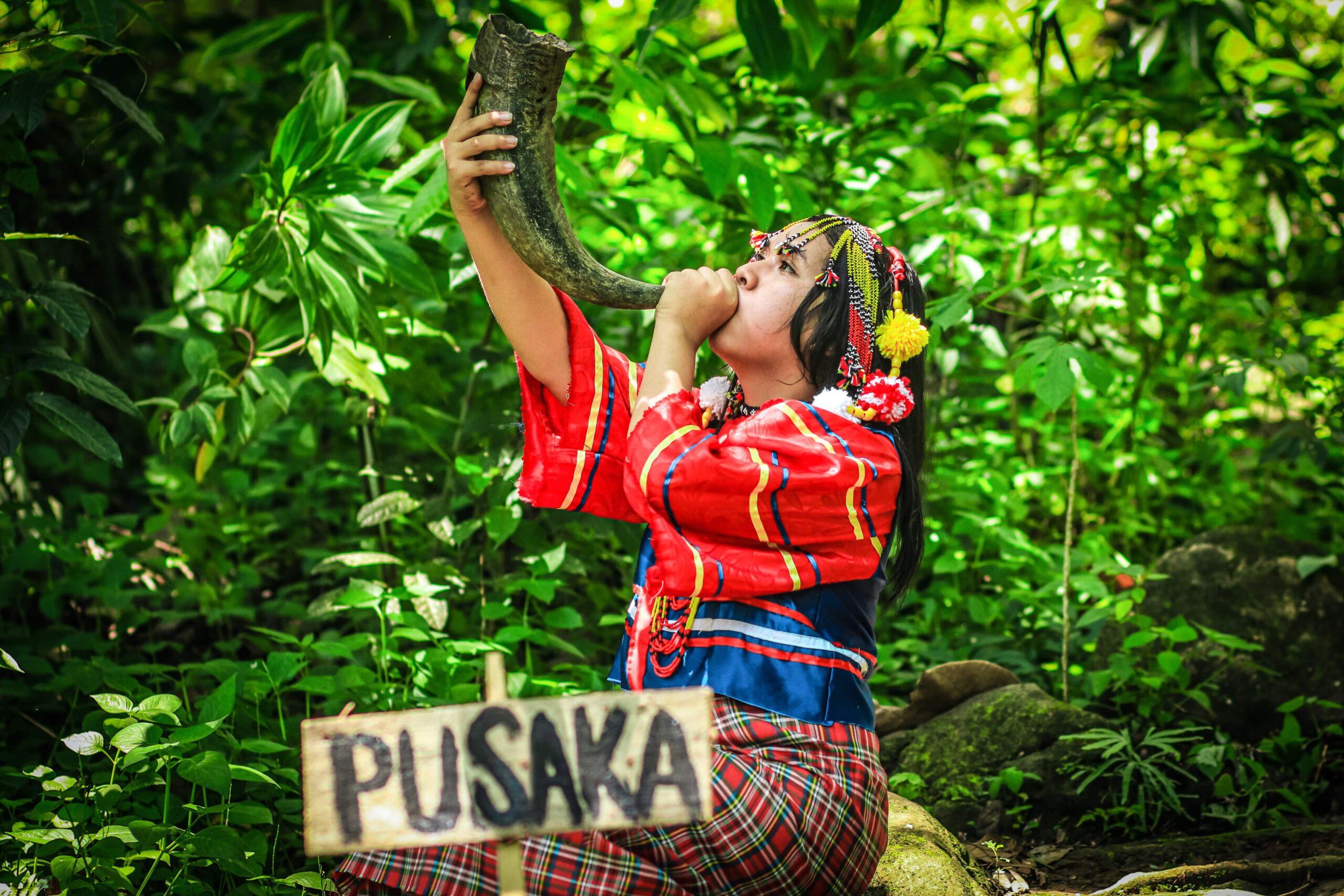
Authentic engagement, and Free, Prior and Informed Consent
This day also reminds us of the principles that must guide our actions when engaging with Indigenous brothers and sisters: respect, authentic engagement, and Free, Prior and Informed Consent. Just as Indigenous Peoples decide how their knowledge and culture are shared, so too must the world ensure that emerging tools, like artificial intelligence, are used ethically — amplifying Indigenous voices rather than appropriating them.
Our Managing Director, Minnie Degawan, provided insights on the principles of engagement with Indigenous People on a webinar with Asia Pacific Resources International Limited (APRIL). She reminds us that true engagement with Indigenous Peoples must be built on respect, trust, and consent. Entering Indigenous territories means entering someone’s home.
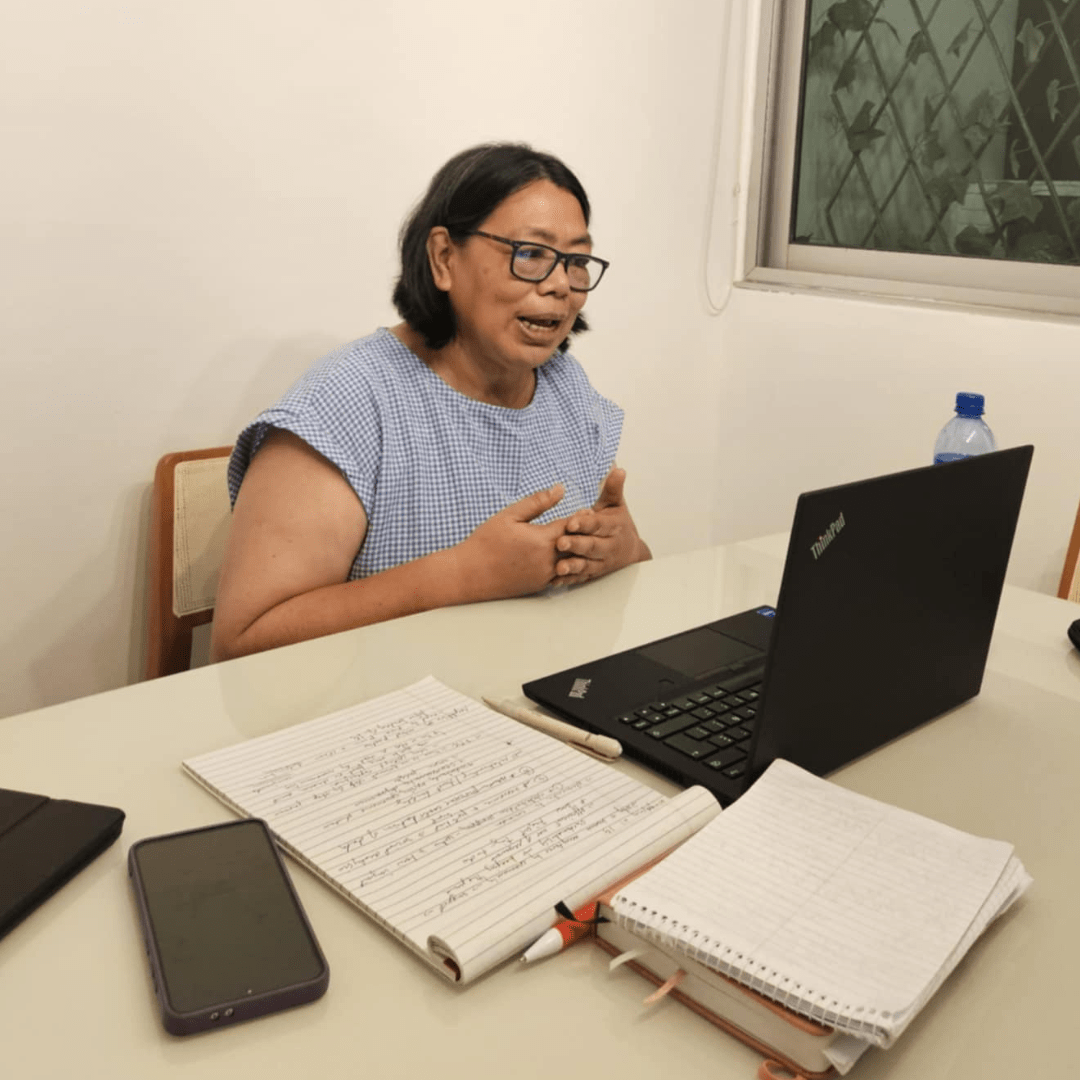
Authentic engagement requires listening, co-creation, and collaboration — not one-time consultations, but continuous relationships grounded in dignity. For the private sector, this means building trust that leads to long-term partnerships, social license to operate, and more sustainable outcomes. For governments, it strengthens legitimacy, ensures policies are culturally appropriate, and supports effective climate and biodiversity action. In both cases, relationship-building is not just respectful — it is essential for lasting impact.
Consent is not a checklist. It is a living dialogue — a spectrum that ranges from “No” to “Maybe,” “Yes if,” and “Yes;” always shaped by cultural traditions and community voices. One way communities express this is through art and photography: choosing what stories to share, how to share them, and with whom.
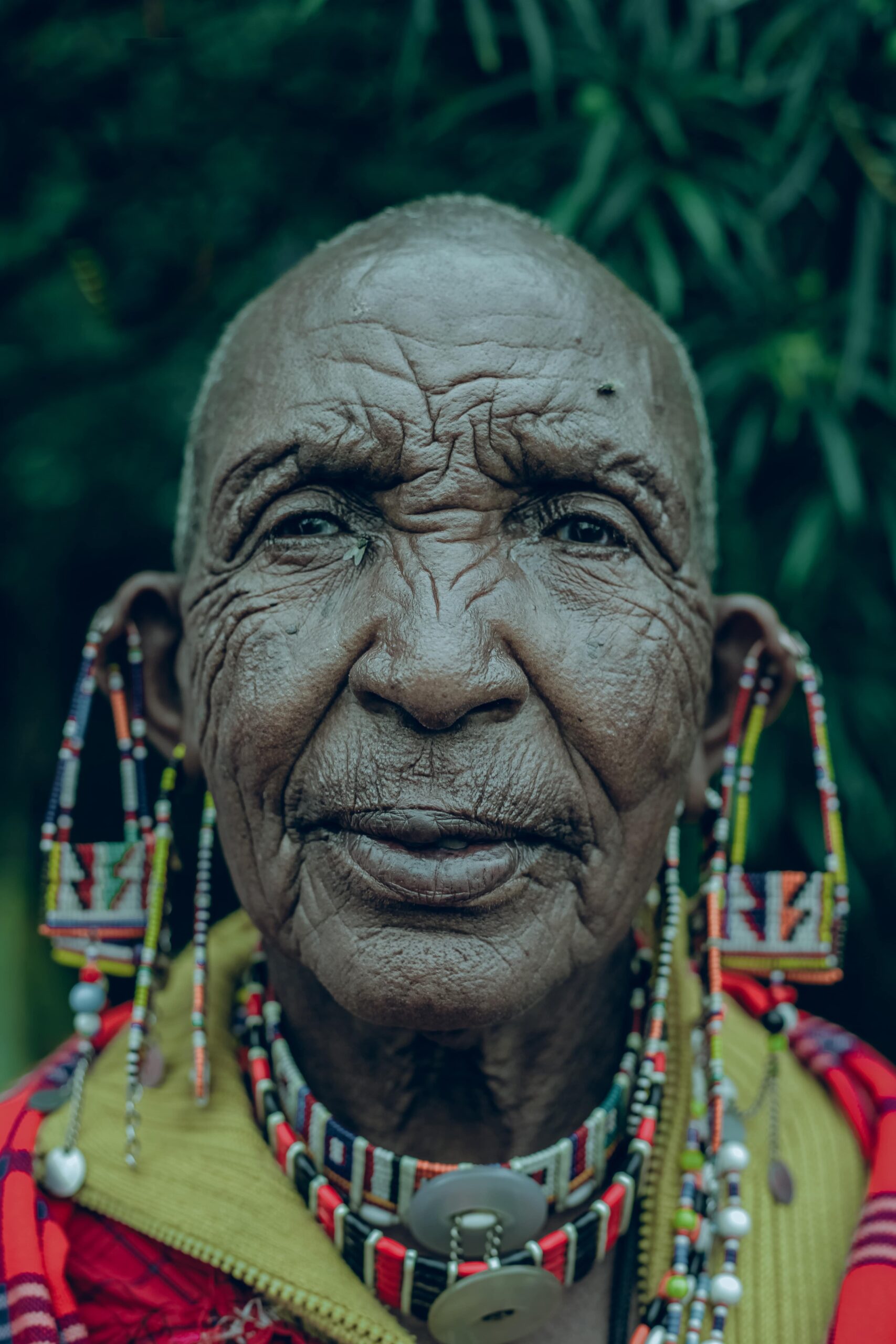
Indigenous Data Sovereignty: A Global Call for Ethical Technology
Just as photographs require consent and respect, so too must the use of new technologies like artificial intelligence. Indigenous Peoples must retain control over their knowledge, images, and voices and how and when these are used. Technology should amplify Indigenous self-representation, not appropriate it.
A powerful example comes from Aotearoa (New Zealand), where Māori leaders are shaping the conversation on artificial intelligence. At the Aotearoa Artificial Intelligence Summit, experts like Dr. Karaitiana Taiuru, Elle Archer, and Moka Apiti emphasized that Māori data must be treated as taonga — a treasure protected under Te Tiriti o Waitangi (the Treaty of Waitangi). They reminded us that engaging with Indigenous communities in AI development requires relationship-building, long-term commitment, and respect for cultural protocols, from pronouncing names correctly to involving communities from the very beginning. Their message was clear: AI must not be a tool of extraction but a means to amplify collective wisdom, safeguard cultural heritage, and uphold Indigenous data sovereignty. This vision echoes the principles of engagement — respect, trust, and reciprocity — that are essential for all Indigenous Peoples worldwide. (Culture & Design Lab, 2023) 1
During the 2025 International Day of the World’s Indigenous Peoples virtual webinar, Indigenous Peoples and AI: Defending Rights, Shaping Futures, hosted by the Indigenous Peoples Development Branch, the Secretariat of the Permanent Forum on Indigenous Issues, powerful voices from Indigenous panelists echoed a clear message: artificial intelligence must be ethical, inclusive, and grounded in Indigenous rights.
As Aluki Kotierk, Inuk leader and Chair of the Permanent Forum on Indigenous Issues, stated: “Without safeguards, AI risks a new form of colonization, coded in algorithms that shape our lives. To ensure that AI serves Indigenous Peoples, we must have a rights-based approach. Indigenous Peoples must guide AI development, and data governance is essential.”
During the webinar panelist Danielle Boyer, an Indigenous Ojibwe youth robotics inventor, expressed “People often forget that we, as Indigenous Peoples, have always been inventors, scientists, and engineers. Our youth are brilliant—my students are creating apps, founding organizations, designing robots, and building solutions. They already have the tools we need to shape the future.” Danielle explained that what’s missing are the opportunities—such as the ability to speak directly with large corporations and bridge the gap between them and Indigenous communities.
Closing remarks:
On this Indigenous Peoples’ Day, we are reminded that respect, trust, and consent are the foundation of ethical engagement. Whether in climate action, biodiversity conservation, or artificial intelligence, Indigenous Peoples must remain at the center as rights-holders and leaders, especially Indigenous youth as they are essential to this future — bringing innovation, knowledge, and commitment to their communities.
Now is the time to advocate, support, and share — so Indigenous voices lead the way forward.
Source:
- Culture & Design Lab (2023). Engaging with Māori in Artificial Intelligence. Culture & Design Lab.
